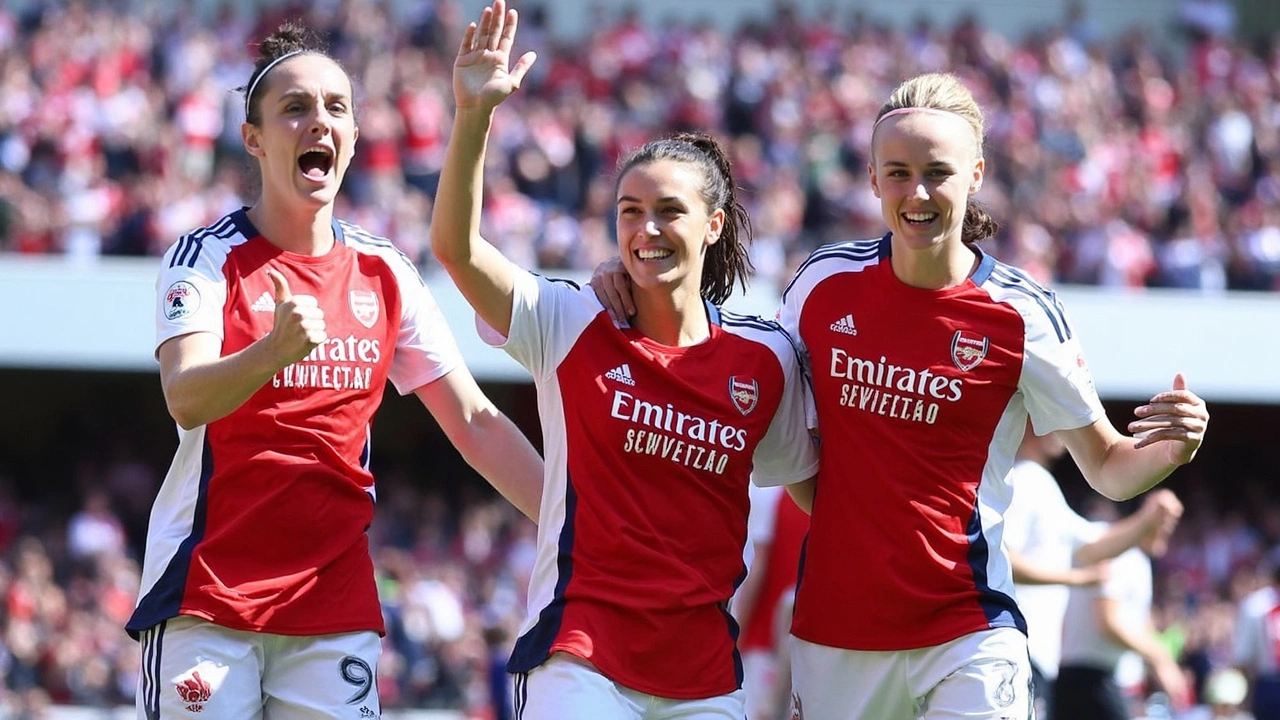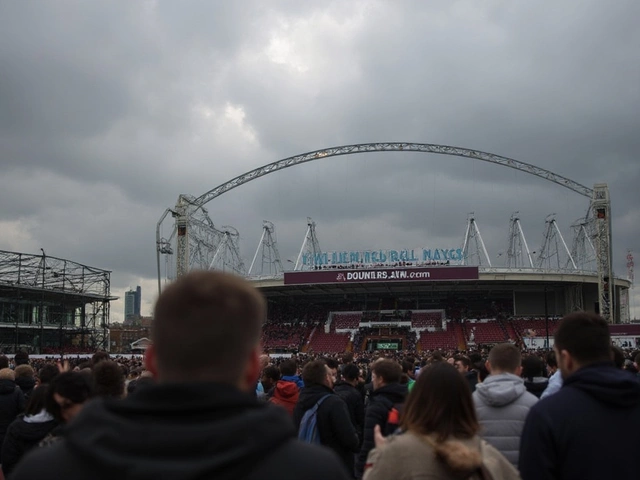Arsenal Edge Past Barcelona for European Glory
The stage in Lisbon was set for a showdown thick with history: Arsenal, desperate to end almost two decades of European frustration, against a Barcelona side looking unbeatable, fresh off domestic dominance and chasing a record quadruple. From the first whistle at Estádio José Alvalade, the tension was palpable—the underdog versus the reigning queens of Europe.
Barcelona’s recent track record was intimidating. Winning three out of the past four Women’s Champions League titles, they started this final as favorites. Their attack, loaded with stars, kept Arsenal on the back foot, especially in the first half. Yet, Arsenal’s defense was disciplined and organized. Spanish midfielder Aitana Bonmati rattled the crossbar with a well-struck shot, while Clàudia Pina forced an acrobatic save from Arsenal keeper Daphne van Domselaar. The Londoners were clinging on, but they never buckled under the pressure.
There was even early drama with technology: a Chloe Kelly cross led to what looked like an own goal from Barca’s Irene Paredes, sparking wild Arsenal celebrations—short-lived, as VAR spotted an offside in the build-up and chalked it off. For Arsenal, the reprieve meant nothing but reset and refocus. Barcelona, meanwhile, exuded calm, unfazed by the setback, and kept probing with slick passing and ball movement.
Decisive Impact from the Arsenal Bench
As the clock ticked into the final quarter, both coaches looked to their benches—Arsenal, in particular, needed fresh legs and new ideas. Out came Beth Mead and Stina Blackstenius, two players capable of making something happen from nothing. In the 75th minute, this move paid off spectacularly. Mead broke into space around the edge of the area and slipped a clever reverse pass behind the Barcelona defense. Blackstenius arrived at the right moment, drove a low shot past Catalina Coll, and Arsenal’s section erupted. That goal—coolly taken, full of composure—would be the only one on the night, but it was more than enough.
Barcelona threw everything forward, desperate to force extra time. Bonmati continued to orchestrate, but Arsenal’s center-backs stood strong. Goalkeeper van Domselaar became the hero, repeatedly stumping Barcelona, including a late save from a Mariona Caldentey attempt. Arsenal’s full-blooded defending and willingness to throw themselves into blocks told the story of a team that simply refused to be beaten.
The final whistle brought scenes of disbelief and jubilation for the English side. Arsenal had done it—toppling the team that seemed invincible, ending an 18-year wait for European gold, and stopping Barcelona's bid for a third title in a row. This wasn’t just a win for Arsenal; it was a signal that the power balance in European women’s football isn’t set in stone, and the English league’s top teams are ready to take on the world again.
For Barcelona, the pain will linger—not only did they miss out on yet another continental crown, but their hunt for a historic quadruple ended abruptly. Still, their performance highlighted why they remain among the elite: intense, technically gifted, and never out of any game until the very end.
For Arsenal, this triumph goes beyond just silverware. It’s a moment that rekindles memories of their 2007 victory and gives hope for even brighter days as the Women’s Champions League continues to grow in stature and excitement. The UEFA Women’s Champions League just got a fresh chapter—and, once again, it’s colored red and white.





